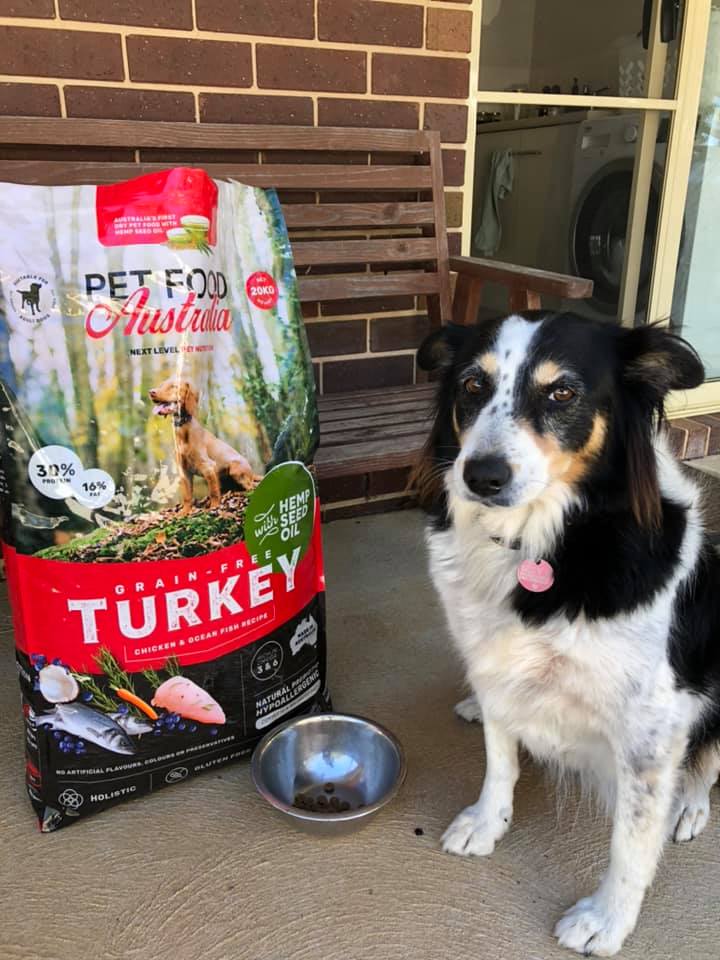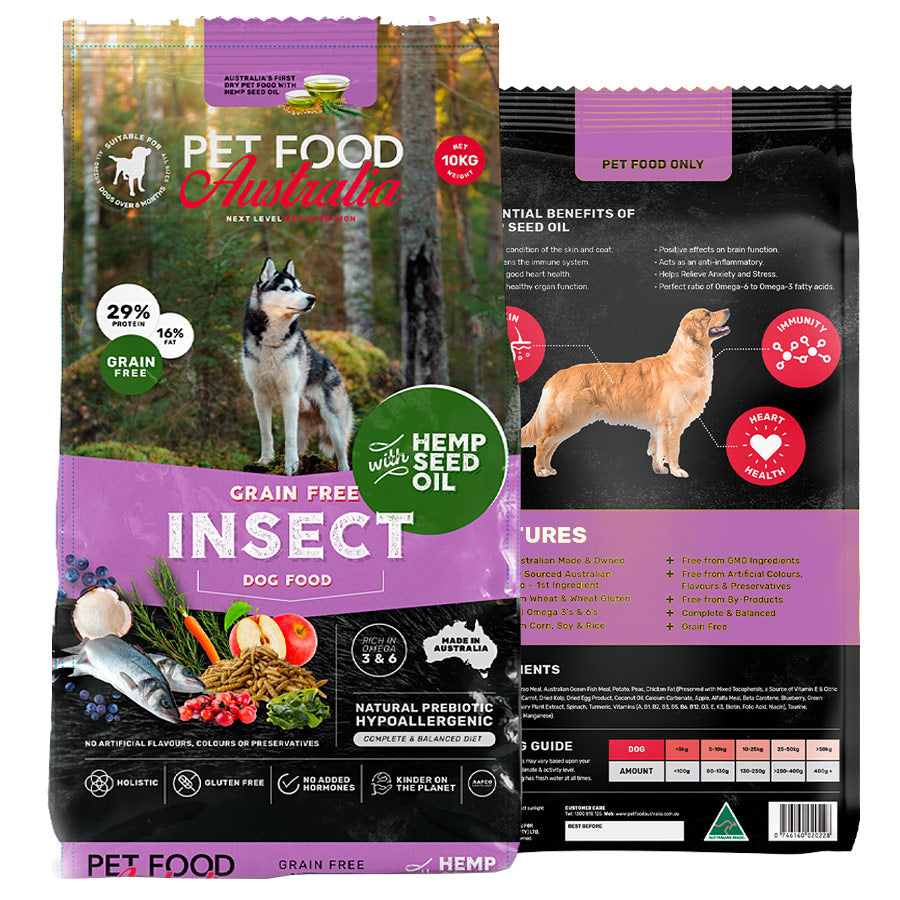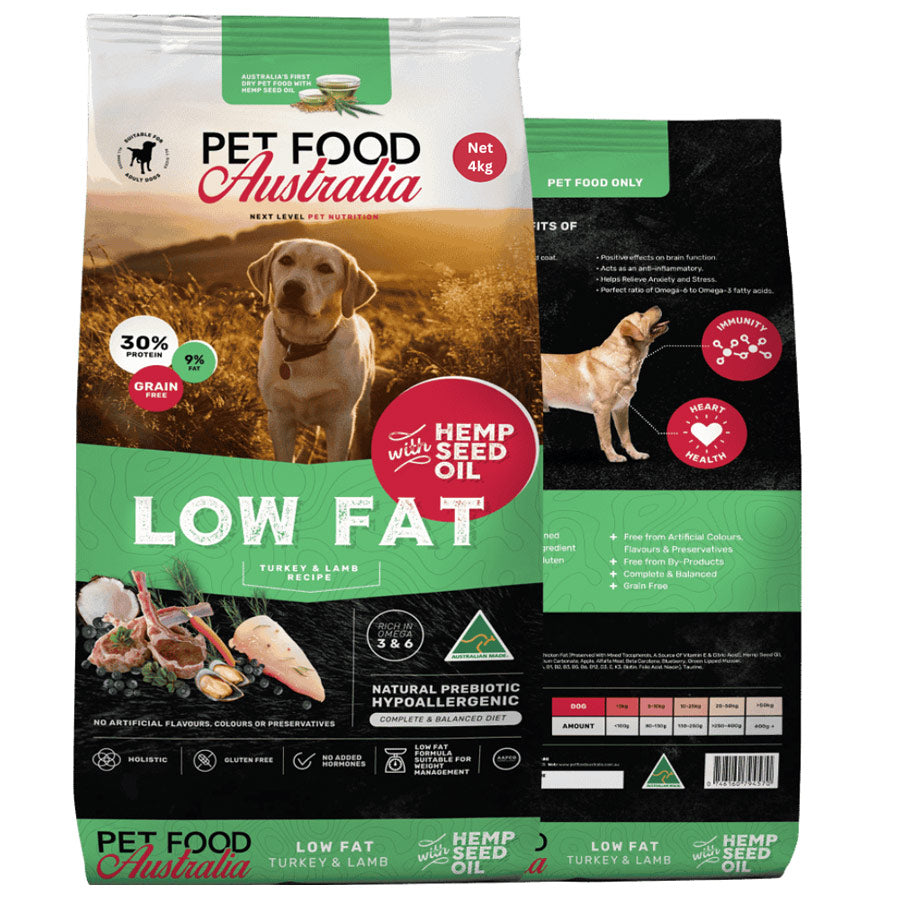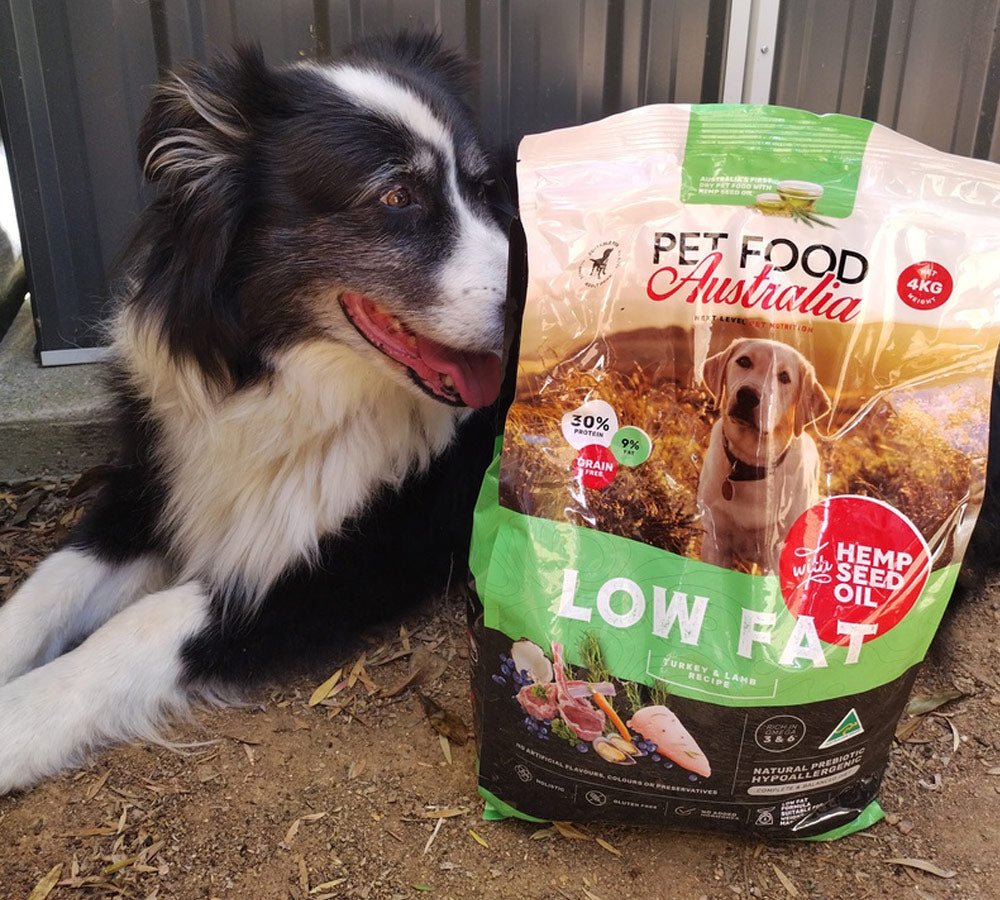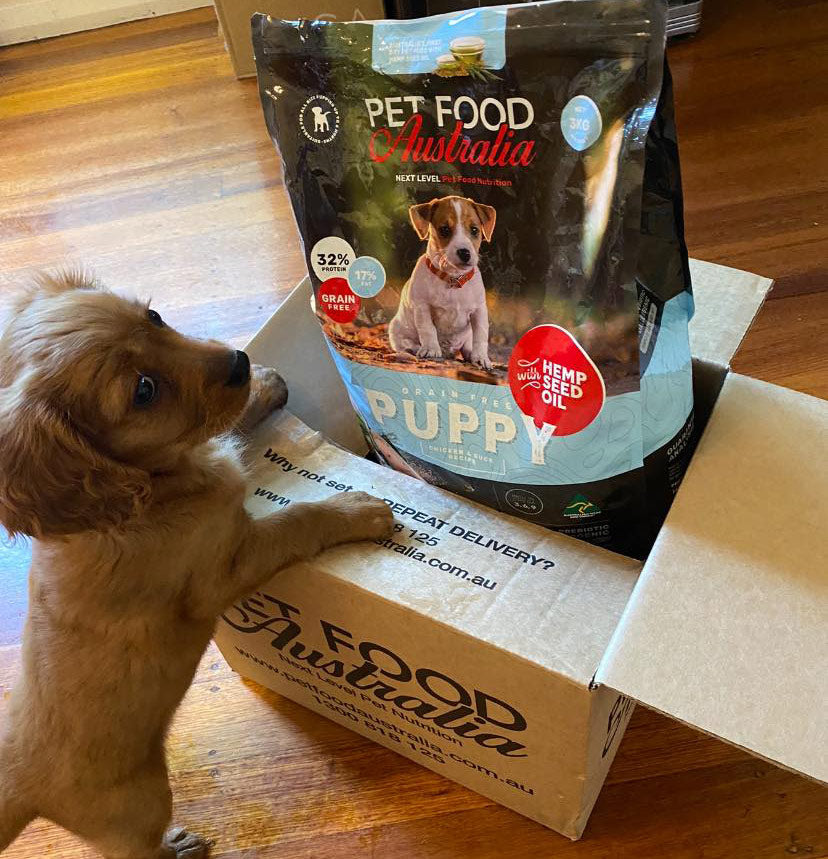Common Signs of Illness in Pets and When to See a Vet

As a pet owner, you want to ensure your furry friend is always happy, healthy, and thriving. However, pets can't verbally communicate when they feel unwell, so it's crucial to recognise the signs of any potential illness early on to provide them with the care they need.
Educating yourself on the common symptoms of sickness in pets and recognising changes in your pet's personality and energy levels will help you identify situations when it may be time to visit your vet.
Protecting the health and well-being of your furry family member should be your number one priority as a pet parent. So, let's get into the common signs of illness in pets and when to seek professional help.
Changes in Appetite or Thirst

What to Look For:
A sudden increase or decrease in your pet's appetite or water intake can be a red flag. If your pet is refusing food, drinking excessive amounts of water, or has a sudden change in weight, it could indicate an underlying health issue such as kidney disease, diabetes, or gastrointestinal problems.
When to See a Vet:
If your pet skips more than one meal, shows a noticeable change in their eating or drinking habits, or experiences unexplained weight loss or gain, it's time to consult your veterinarian. Early detection of these issues can lead to more effective treatment.
Lethargy and Decreased Activity

What to Look For:
Lethargy is a common symptom in pets that may indicate various illnesses. If your ordinarily energetic pet becomes unusually tired, reluctant to move, or spends most of the day sleeping, it could be a sign of pain, infection, or an underlying condition.
When to See a Vet:
If lethargy persists for more than 24 hours or is accompanied by other symptoms such as vomiting, diarrhea, or difficulty breathing, schedule a vet visit immediately.
Vomiting and Diarrhea

What to Look For:
Occasional vomiting or diarrhea can happen in pets, often due to dietary indiscretion. However, frequent episodes may indicate a more serious problem, such as gastrointestinal infection, poisoning, or chronic conditions like pancreatitis.
When to See a Vet:
If your pet has been vomiting or having diarrhea for more than 24 hours or if there is blood in the vomit or stool, seek veterinary attention. Dehydration and electrolyte imbalances can occur quickly, especially in smaller pets.
Changes in Behaviour

What to Look For:
Behavioural changes in pets can be a subtle yet significant indicator of illness. Look for signs like increased aggression, excessive clinginess, hiding, or unusual vocalisations. Changes in behaviour can be related to pain, anxiety, or neurological conditions.
When to See a Vet:
If your pet exhibits sudden or unexplained behavioural changes, it's essential to have them evaluated by a vet. Behavioural issues can sometimes mask physical health problems, so a thorough examination is necessary to rule out underlying medical conditions.
Respiratory Issues

What to Look For:
Coughing, wheezing, difficulty breathing, or rapid breathing are all signs of potential respiratory issues. These symptoms can be related to asthma, infections, heart disease, or even foreign objects lodged in the airway.
When to See a Vet:
Respiratory distress, which includes symptoms like struggling to breathe, having blue gums, or collapsing, is a medical emergency. If your pet exhibits any of these signs, seek immediate veterinary care. Quick action can be life-saving in these situations.
Skin and Coat Problems

What to Look For:
Changes in your pet's skin or coat, such as excessive shedding, bald patches, redness, itching, or lumps and bumps, can indicate various health issues. Allergies, parasites, infections, and hormonal imbalances are common causes.
When to See a Vet:
A vet should evaluate persistent skin and coat problems, especially if they don't improve with at-home care such as regular grooming, using pet-friendly shampoos, and maintaining a healthy diet. Some skin conditions can be signs of more serious underlying diseases that require medical treatment.
Urinary and Bowel Issues

What to Look For:
Difficulty urinating, frequent urination, accidents in the house, blood in the urine, or straining to defecate can all indicate urinary or gastrointestinal problems. These symptoms may be linked to infections, blockages, or kidney issues.
When to See a Vet:
If your pet is having trouble urinating or defecating, or if you notice blood in their urine or stool, contact your vet immediately. Urinary blockages, in particular, can be life-threatening and require emergency care.
Trust Your Instincts
Recognising the signs of illness in pets is vital to being a responsible pet owner. If you notice any of the symptoms mentioned above, it's always better to err on the side of caution and consult your veterinarian. Remember, early detection and treatment can significantly affect your pet's health and quality of life.
At Pet Food Australia, we're committed to supporting your pet's well-being through high-quality nutrition and expert advice. Remember, when in doubt, always seek professional veterinary care. Your pet depends on you to keep them healthy and happy, and your responsible and caring actions make a significant difference in their health and quality of life.





